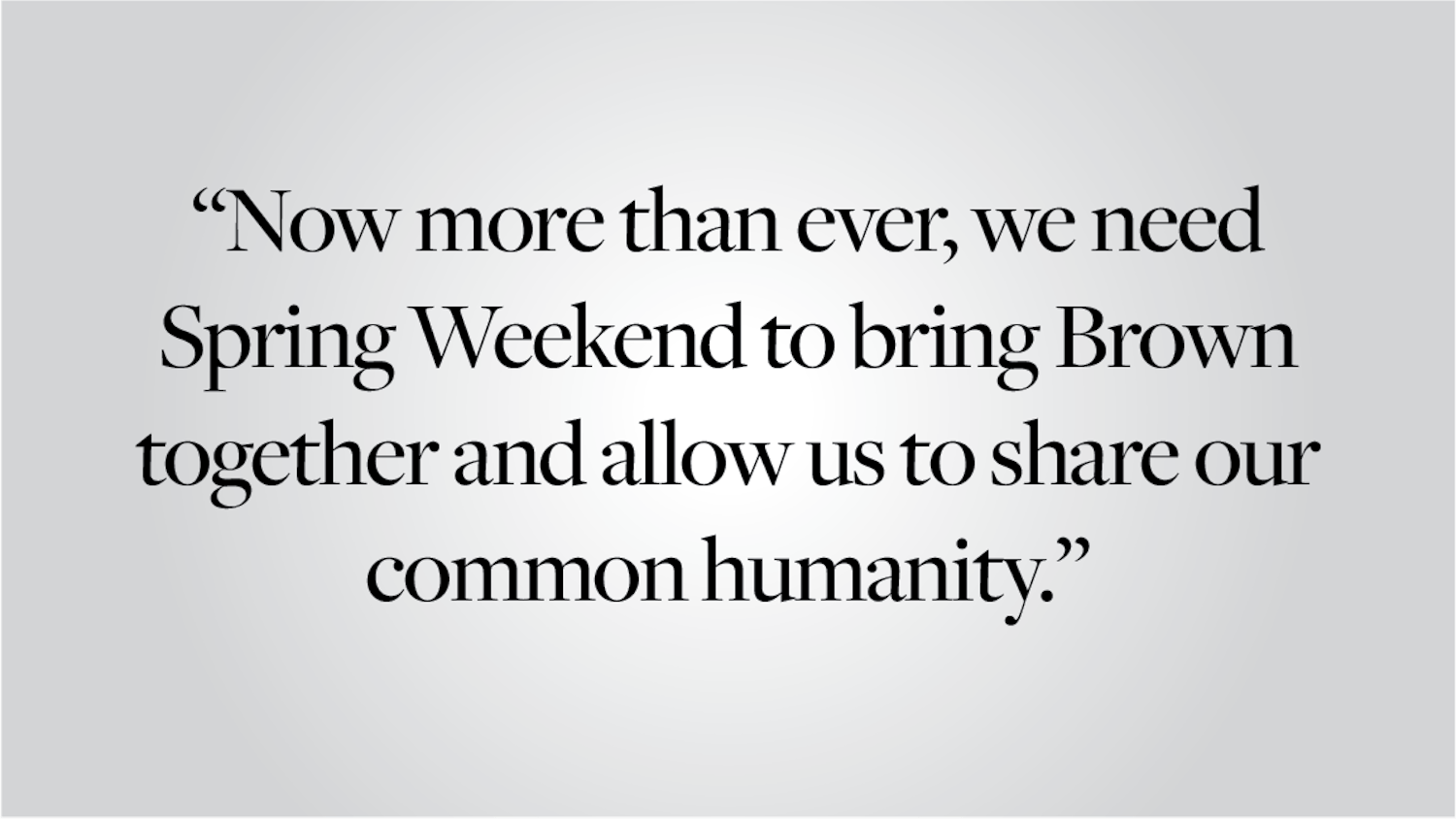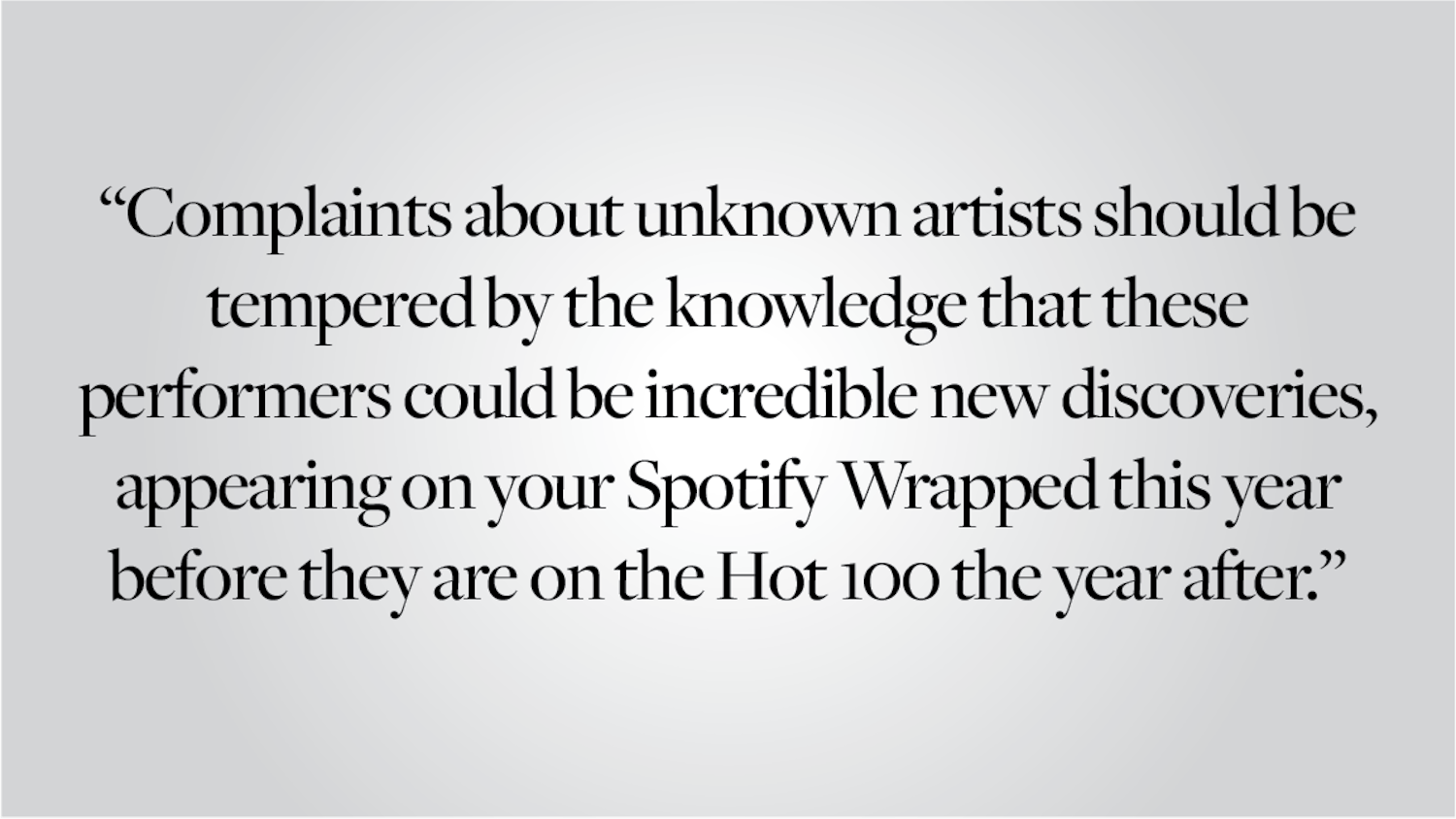On Feb. 8, progressive Democrats in the Rhode Island General Assembly, including Aaron Regunberg ’12, unveiled their 2018 “Fair Shot Agenda.” This legislative package prioritizes “passing a budget that protects our neighbors,” “investing in school facilities,” providing high-quality care for seniors and, last but not least, raising the minimum wage to $15 an hour by 2023. Yet, while it is crucial to ensure every Rhode Islander has a fair shot in life, raising the minimum wage to $15 an hour will likely hurt the very people it is intended to help.
It is true that research on the effects of modest minimum wage increases on unemployment is decidedly mixed. Some studies find that modest minimum wage increases cause modest increases in unemployment, while some find no effect at all. For example, a Congressional Budget Office study found that increasing the federal minimum wage to $10 an hour would increase pay for 16 to 24 million Americans, while eliminating about half a million jobs. While the research is far from clear, many policymakers have reasonably concluded that the benefits of modest minimum wage increases outweigh any potential costs.
But there is very little research on the more drastic minimum wage hikes undertaken in recent years to create a living wage in the long term, in states such as California and Washington, and cities like San Francisco and Seattle. A living wage ranges from $12 to $17.50 an hour, increases the minimum wage in most places by 50 to 100 percent and allows earners to sustain themselves without government assistance. The only study of this kind of minimum wage hike, which analyzes Seattle’s then-$13 minimum wage, found that employers reacted to the wage hike by decreasing hours for their workers, leading to lower take-home pay on average for low-wage workers. While proponents of a living wage have been quick to point out issues with this study — namely, that it is still in the process of peer review — we should be concerned that the only study on drastic minimum wage increases suggests that these sorts of increases lead to lower take-home pay.
Furthermore, even if a $13 minimum wage worked in Seattle, there is no reason we should expect it to work in Rhode Island. Seattle has a booming economy and a highly-skilled workforce. Rhode Island, on the other hand, is ranked 31st in the United States for unemployment, 43rd for business friendliness and 37th for population growth in 2018. Additionally, raising the minimum wage at the state level may simply encourage businesses to move across state lines, according to the Brookings Institution. As a small state with competitive neighbors, Rhode Island is especially vulnerable. For example, Massachusetts, which is ranked 16th in unemployment, 19th in business friendliness and 24th in population growth, currently has a minimum wage of $11 an hour. Raising the minimum wage to $15 will make it increasingly difficult for Rhode Island to keep up.
This isn’t to say that the government should not work to ensure everyone has enough to provide for themselves and their families. But putting the entire burden on private businesses big and small to pay a living wage will likely cause more harm than good. Instead, in addition to implementing modest minimum wage hikes — which Rhode Island has already written into law, as the minimum wage is slated to increase to $10.50 an hour in 2019 from $9.60 an hour before 2018 — local governments should work to encourage growth and expand opportunity for all. For example, investing in public education, which is part of the 2018 “Fair Shot Agenda,” is crucial in order to ensure equal opportunity for all children, and to prepare the next generation for high paying jobs. Further, policies streamlining permits and licenses will improve the state’s business climate and help small businesses thrive. Finally, and perhaps most importantly, because households in the lower third of the income distribution spend about 40 percent of their income on housing, local governments should use innovative tools like inclusionary zoning — the allocation of some residential units to low- and middle-income families — and housing trust funds to grow and maintain the affordable housing stock.
Supporters of a $15 minimum wage argue that people working full time should be able to support themselves. I agree. Like those who support a $15 minimum wage, I believe in using policy to create a fairer and more equitable world. But we need to think critically about how policies intended to be fair will work in practice, and a $15 minimum wage will ultimately hurt the low-wage workers it intends to help. While “Fight for incremental minimum wage increases while carefully watching unemployment, encouraging growth and expanding opportunity” is not as catchy as “Fight for 15,” at the end of the day, sensible, nuanced policymaking will enable us to achieve our shared goals of equity, justice and opportunity for all.
Rebecca Aman ’20 can be reached at rebecca_aman@brown.edu. Please send responses to this opinion to letters@browndailyherald.com and op-eds to opinions@browndailyherald.com.




